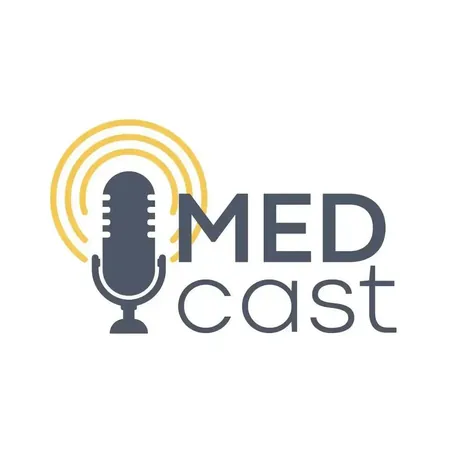
Unlocking a Sustainable Diet: How Much Meat Can You Really Eat?
2025-04-22
Author: Siti
The Surprising Number: 255 Grams of Meat per Week
Wondering how much meat you can indulge in without harming our planet? The magic number is 255 grams per week— that’s just two chicken breasts! This figure comes from groundbreaking research published in the journal Nature Food by a team of researchers at DTU.
Why Beef is Out of the Picture
According to lead author Caroline H. Gebara, red meat, particularly beef, cannot be consumed in any meaningful amount without breaching planetary boundaries. Her study emphasizes that even moderate portions of red meat clash with the earth's regenerative capabilities.
The Global Shift in Diets
The research primarily aimed to explore whether the entire global population could meet its nutritional needs without straining the planet's resources. Remarkably, it can! However, achieving this requires a significant shift in dietary habits both globally and individually. "Political action is crucial at the top level, but individuals can also make impactful changes with better guidance on sustainable choices," says Gebara.
Visualizing Meat Consumption: What Does 'Less' Look Like?
To make it relatable, the researchers defined a concrete figure of 255 grams of poultry or pork—a tangible guideline for shoppers. For perspective, in Denmark, a typical pack of two chicken breast filets weighs about 280 grams, slightly over the sustainable limit.
Diverse Diets with Sustainable Options
The study took into consideration various environmental impacts including CO2 emissions, water usage, and land consumption. After analyzing over 100,000 variations of 11 different diets, the findings showed that diets featuring red meat like beef or lamb exceed sustainable limits.
However, pescetarian, vegetarian, and vegan diets are more likely to stay within those limits, though it depends on the specific foods chosen. Flexible dietary combinations, such as vegetarianism that includes dairy or eggs, can also support sustainability.



 Brasil (PT)
Brasil (PT)
 Canada (EN)
Canada (EN)
 Chile (ES)
Chile (ES)
 Česko (CS)
Česko (CS)
 대한민국 (KO)
대한민국 (KO)
 España (ES)
España (ES)
 France (FR)
France (FR)
 Hong Kong (EN)
Hong Kong (EN)
 Italia (IT)
Italia (IT)
 日本 (JA)
日本 (JA)
 Magyarország (HU)
Magyarország (HU)
 Norge (NO)
Norge (NO)
 Polska (PL)
Polska (PL)
 Schweiz (DE)
Schweiz (DE)
 Singapore (EN)
Singapore (EN)
 Sverige (SV)
Sverige (SV)
 Suomi (FI)
Suomi (FI)
 Türkiye (TR)
Türkiye (TR)
 الإمارات العربية المتحدة (AR)
الإمارات العربية المتحدة (AR)